Starting Point

Overview
Starting Point is a substance abuse treatment center for people seeking treatment near Clark County. As part of their treatment modalities for recovery, Starting Point provides telemedicine/telehealth therapy, substance use disorder counseling, and group counseling during treatment. Starting Point is located in Vancouver, Washington, accepting cash or self-payment for treatment.
Starting Point at a Glance
Payment Options
- Cash or self-payment
Assessments
- Comprehensive substance use assessment
- Outreach to persons in the community
- Screening for substance use
Age Groups
- Young adults
- Adults
- Seniors
Ancillary Services
- Specially designed program for DUI/DWI clients
Highlights About Starting Point
6.62/10
With an overall rating of 6.62/10, this facility has following balanced range of services. Alcohol Rehabilitation: 8.00/10, Drug Rehab and Detox: 6.00/10, Insurance and Payments: 6.00/10, Treatment Options: 6.49/10.-
Alcohol Rehabilitation 8.00
-
Treatment Options 6.49
-
Drug Rehab and Detox 6.00
-
Insurance and Payments 6.00
Treatment At Starting Point
Treatment Conditions
- Alcoholism
- Substance use treatment
Care Levels
- Outpatient
- Intensive outpatient treatment
- Regular outpatient treatment
- Aftercare
Treatment Modalities
- Telemedicine/telehealth therapy
- Substance use disorder counseling
- Group counseling
- Relapse prevention
- Individual psychotherapy
Ancillary Services
Additional Services
- Pharmacotherapies administered during treatment
- Discharge Planning
- Drug or alcohol urine screening
Get Help Now
Common Questions About Starting Point
Contact Information
Other Facilities in Vancouver

7.09
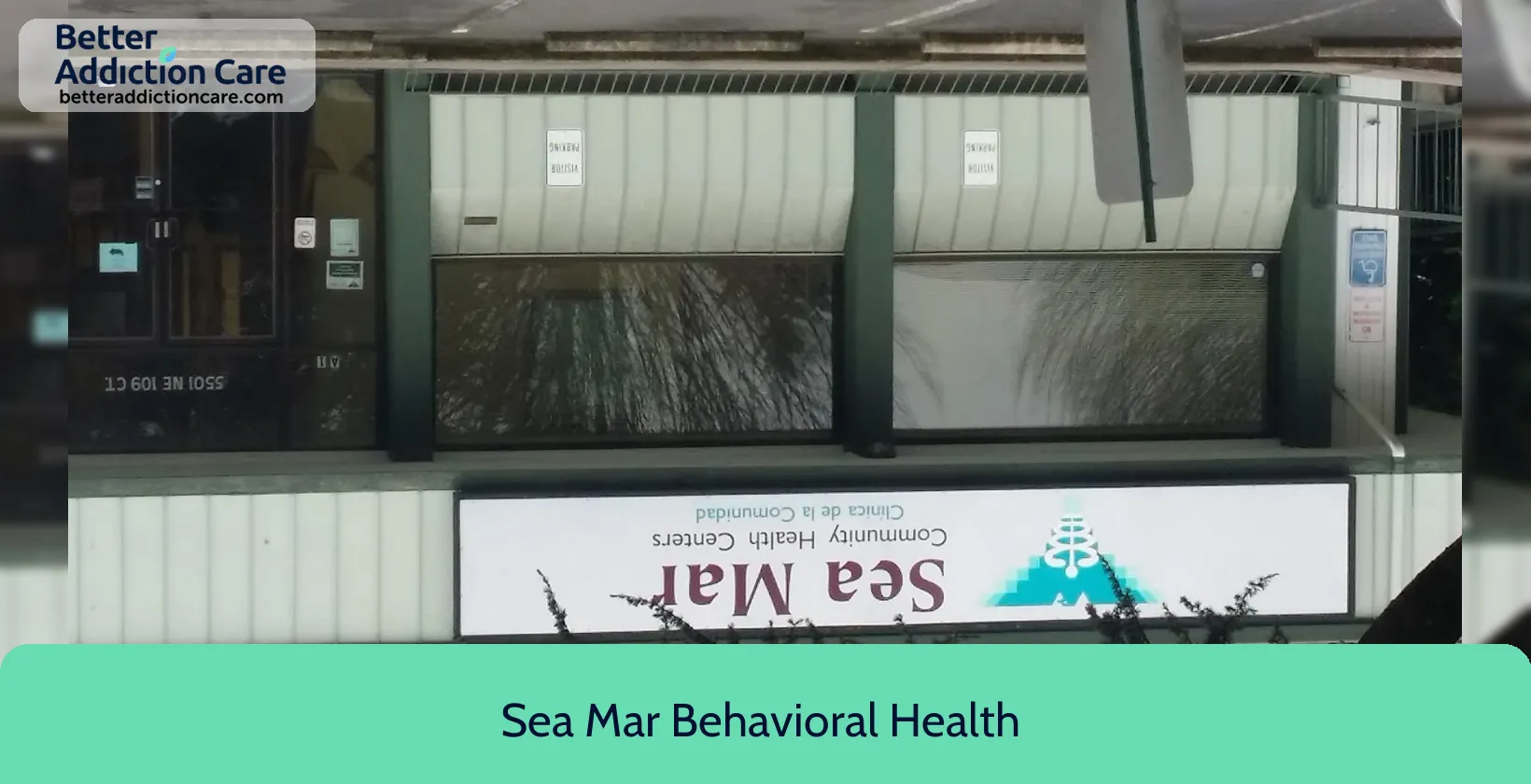
6.65
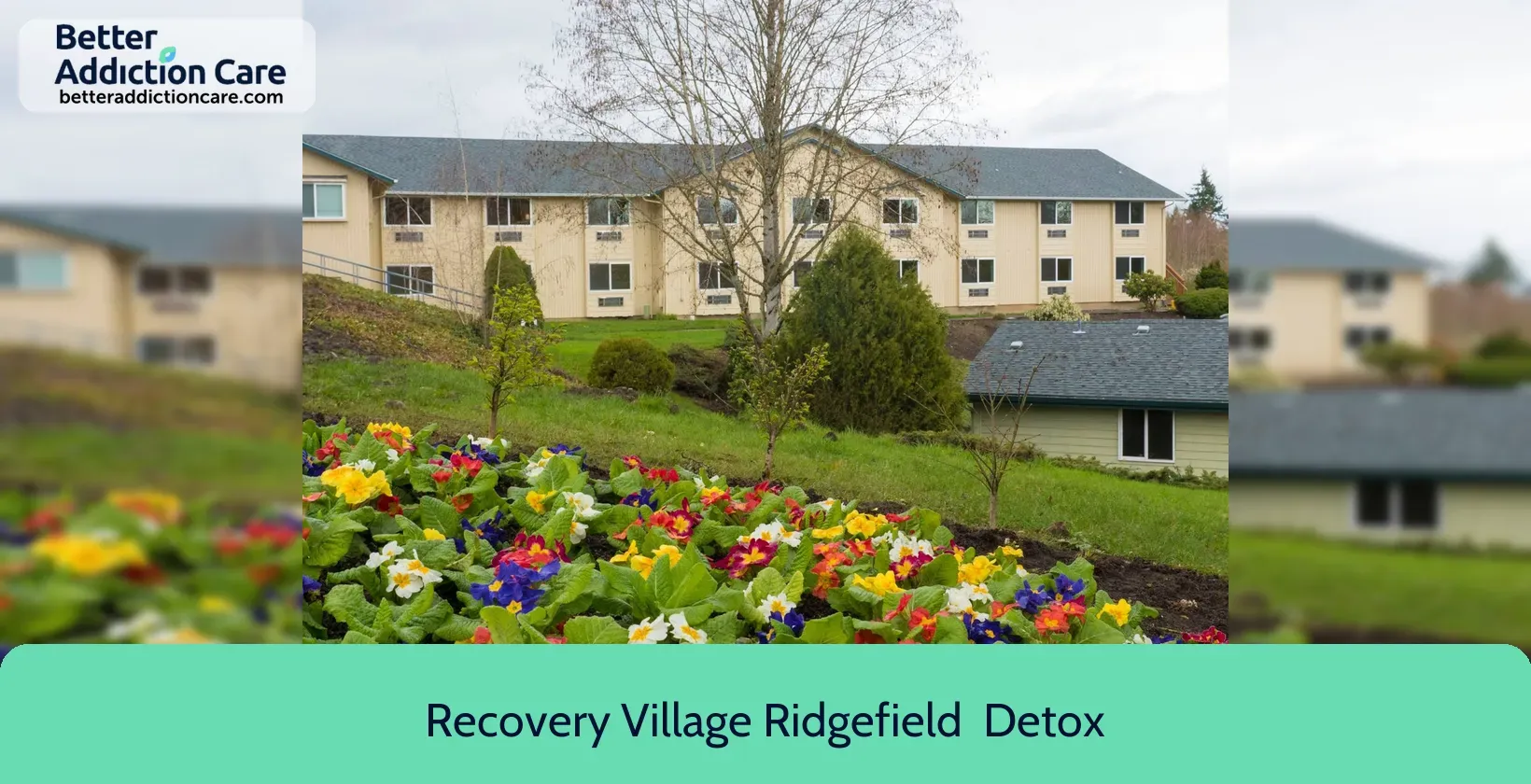
7.59
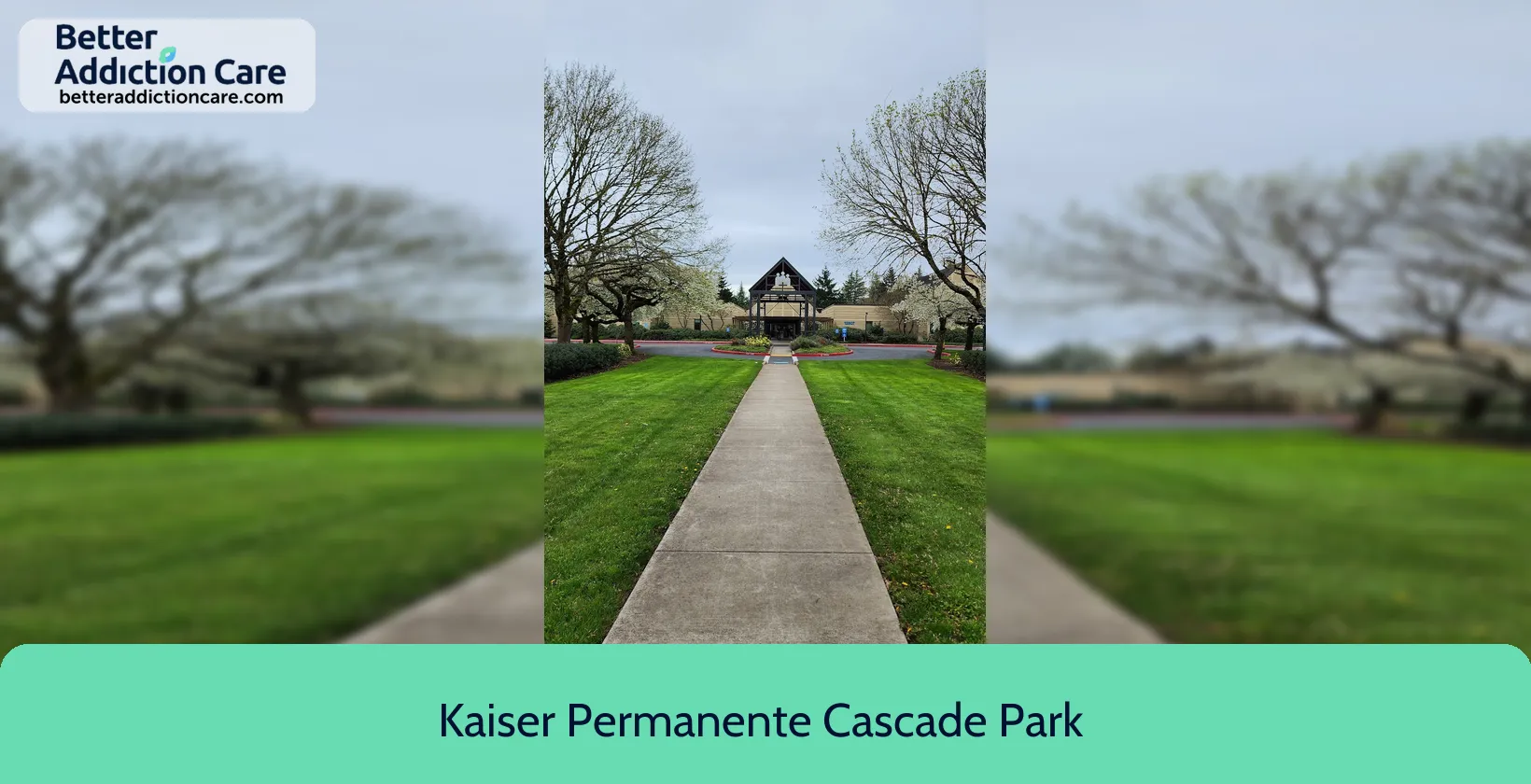
7.23
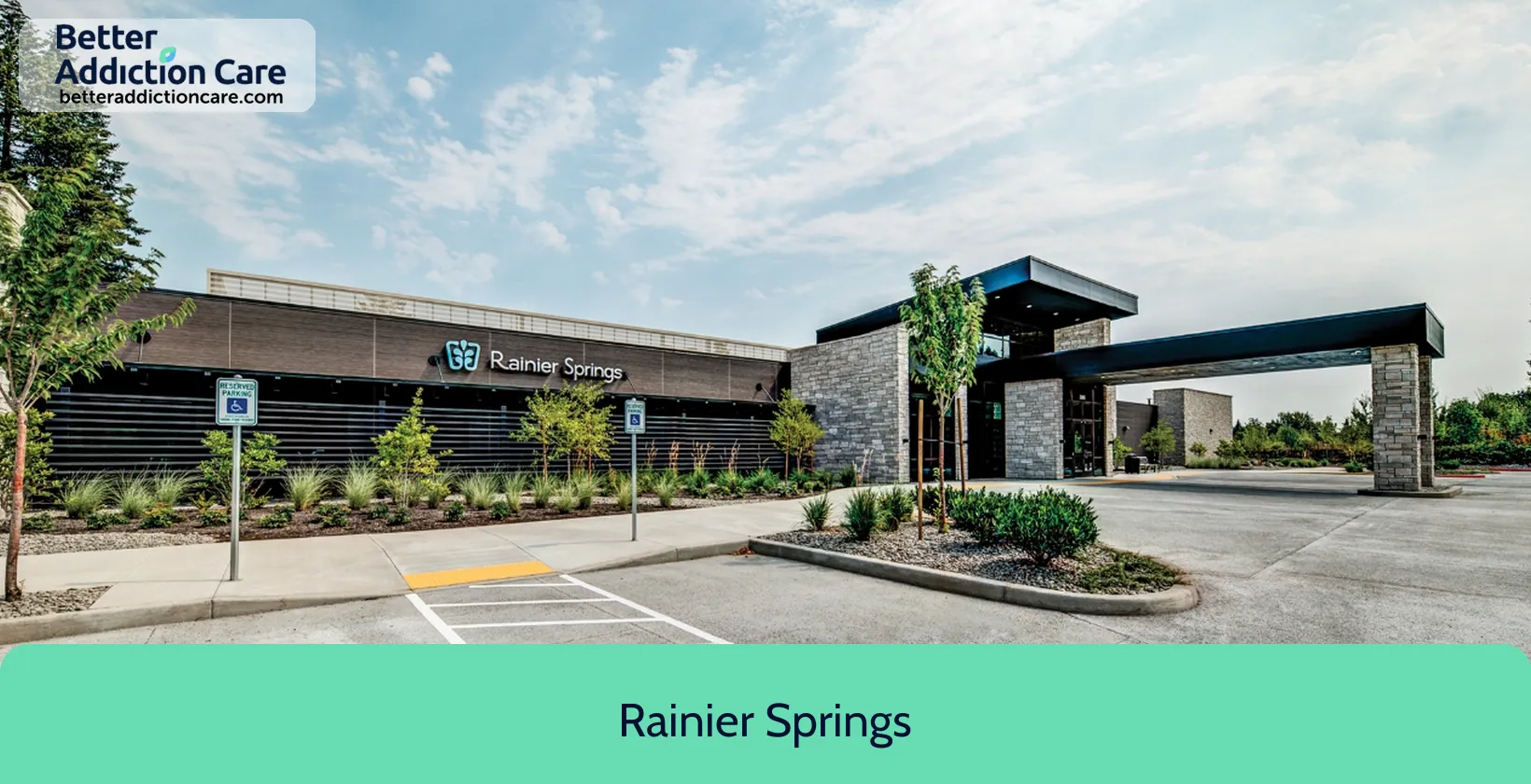
7.49
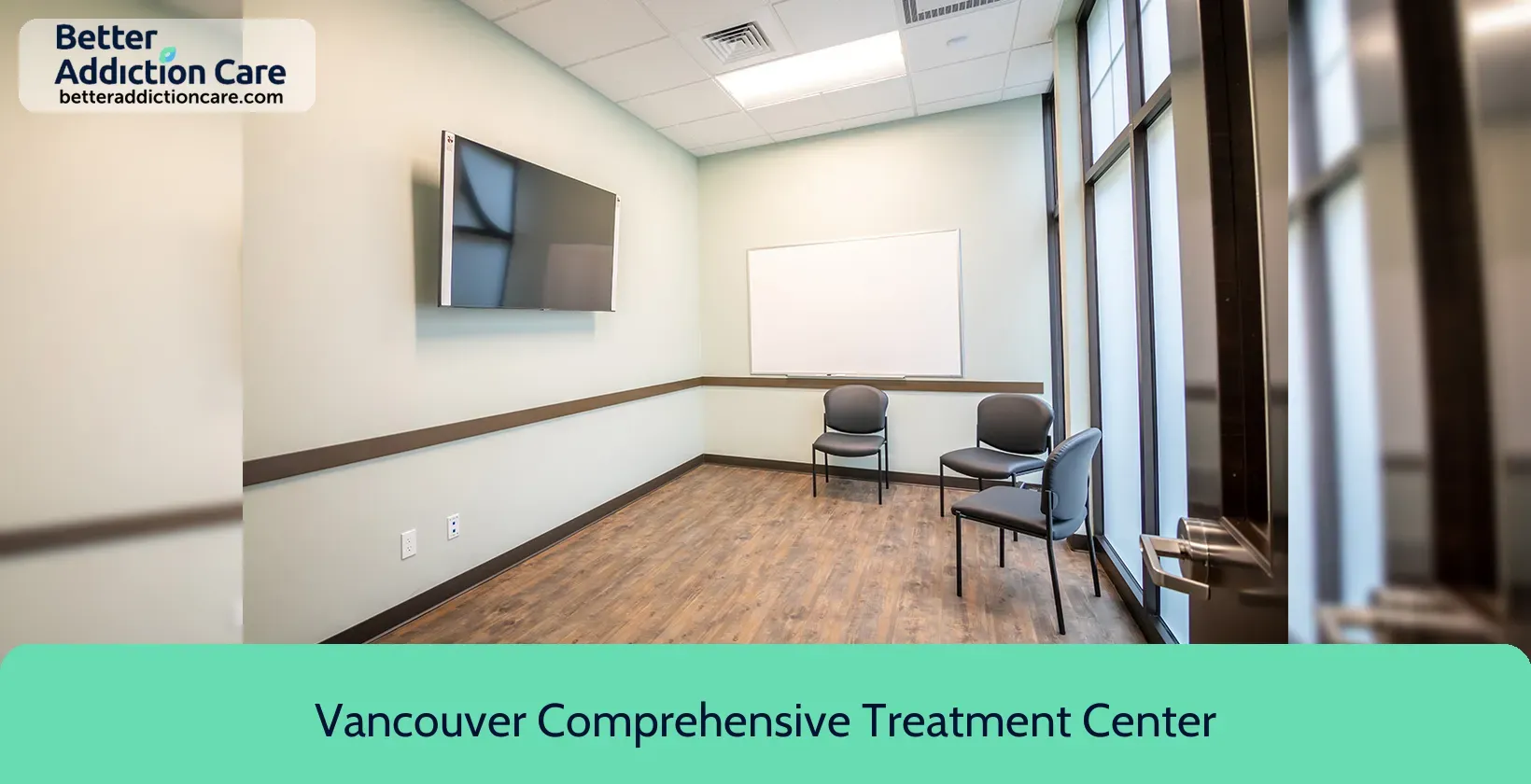
7.11
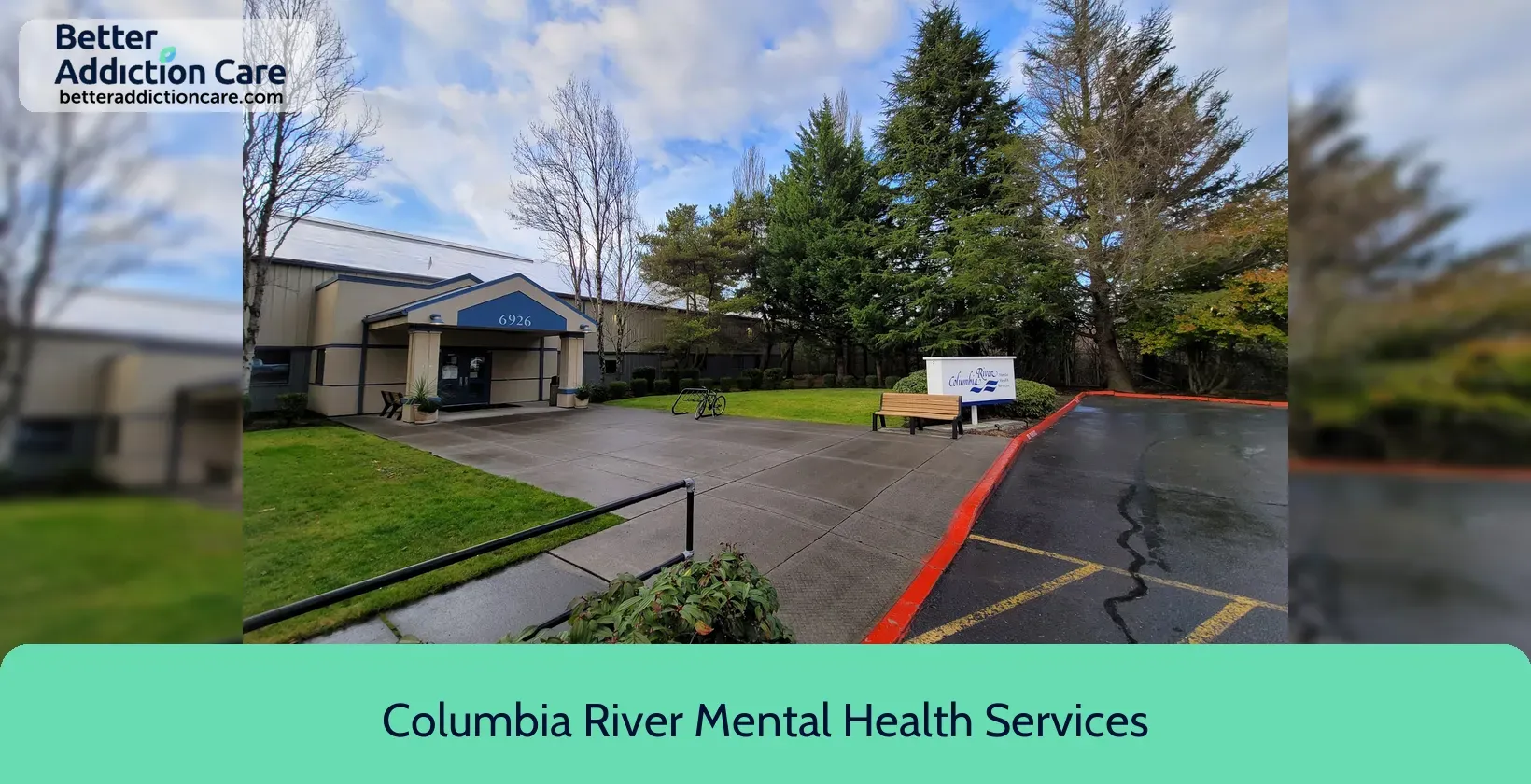
7.69
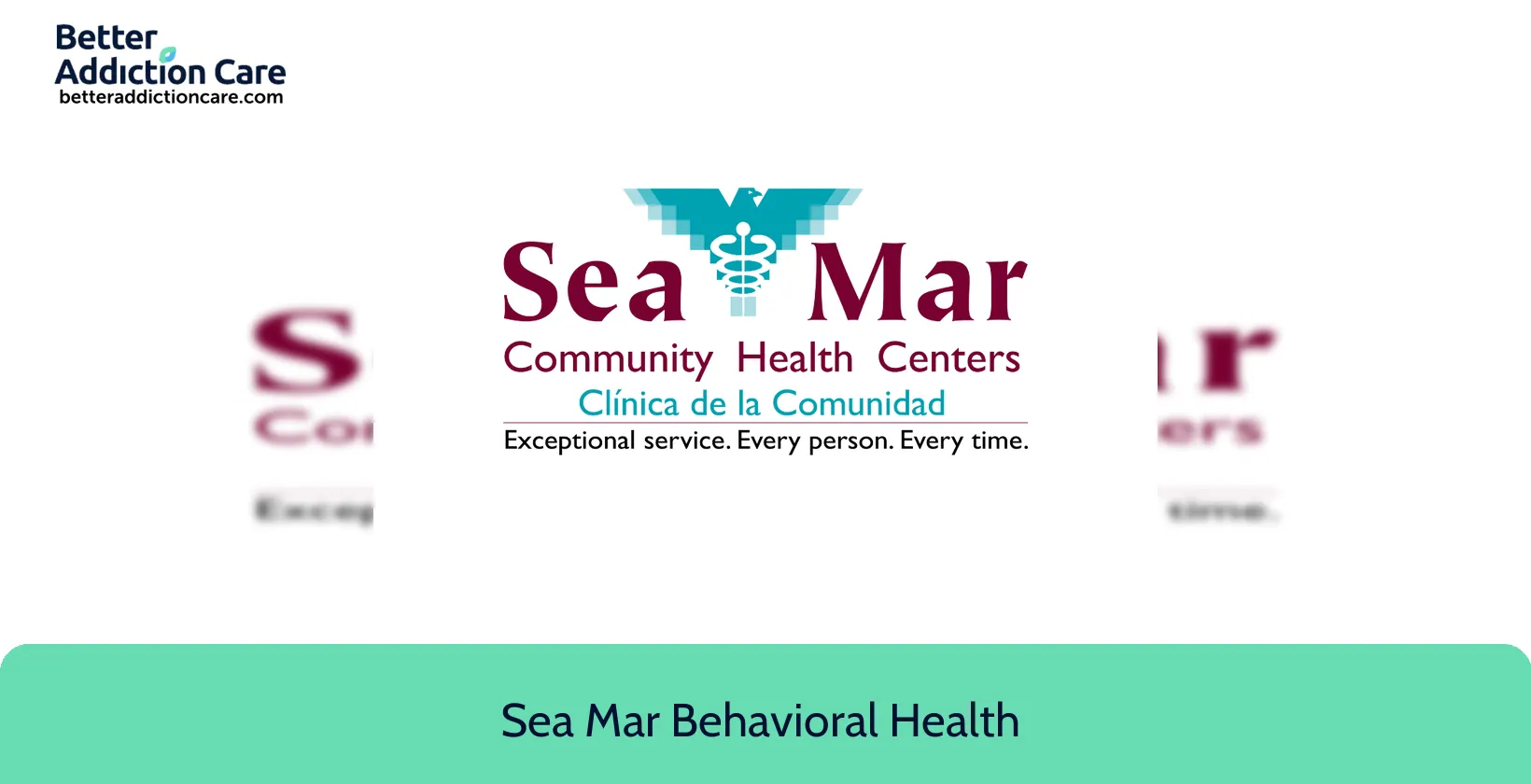
6.75
DISCLAIMER: The facility name, logo and brand are the property and registered trademarks of Sea Mar Behavioral Health - Salmon Creek, and are being used for identification and informational purposes only. Use of these names, logos and brands shall not imply endorsement. BetterAddictionCare.com is not affiliated with or sponsored by Sea Mar Behavioral Health - Salmon Creek.
